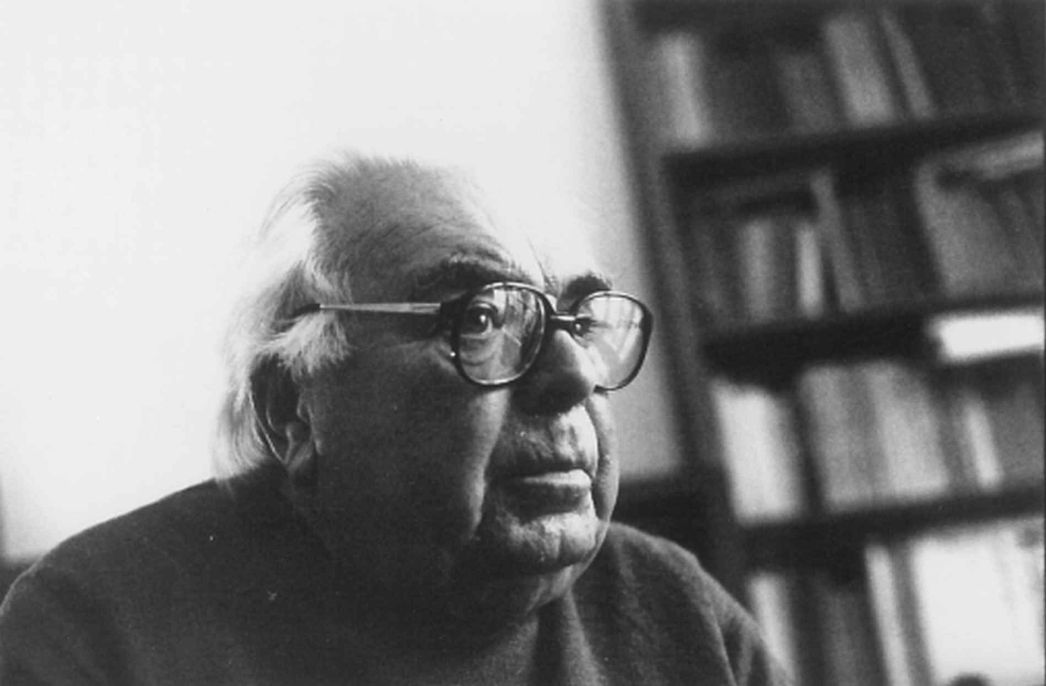
David Rousset was born in Roanne in the Loire department of central France on 18 January 1912, the son of a Protestant industrial worker. He studied philosophy and literature at the Sorbonne in Paris. In 1933 he aligned himself with the Trotskyists; in 1936, together with Fred Zeller, he founded the Revolutionary Socialist Youth and the Internationalist Workers’ Party, and took part in protests against French colonial policy in North Africa.
On 12 October 1943 Rousset was arrested because of his underground resistance activities and in late January 1944 was transferred from Fresnes prison to Buchenwald Concentration Camp; on 10 March he was transferred to Neuengamme Concentration Camp, where he was liberated by the Americans in April 1945.
After his return to France, Rousset dedicated himself to the unsparing exposure of the hierarchical and bureaucratic organizational structure of the Nazi concentration camps: his literary analysis of it, L’Univers concentrationnaire, was published in 1946 and its title became a set phrase. Two further publications followed. In 1948, together with Jean Paul Sartre, Albert Camus and André Breton, he founded the Rassemblement démocratique révolutionnaire ("Democratic Revolutionary Grouping"), which advocated a radical socialist solution distinct from the programme of the French Communist Party.
On 12 November 1949 Rousset appealed in Le Figaro Littéraire for former concentration camp inmates to set up a commission to investigate the
David Rousset died in Paris on 13 December 1997.


